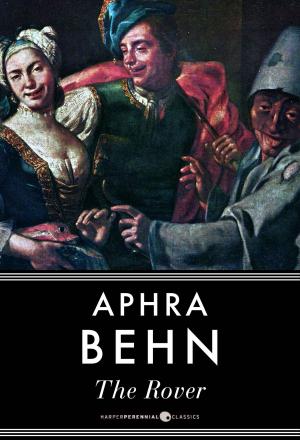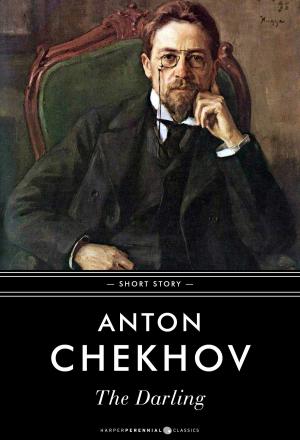| Author: | William Shakespeare | ISBN: | 9781443443623 |
| Publisher: | HarperPerennial Classics | Publication: | December 16, 2014 |
| Imprint: | HarperPerennial Classics | Language: | English |
| Author: | William Shakespeare |
| ISBN: | 9781443443623 |
| Publisher: | HarperPerennial Classics |
| Publication: | December 16, 2014 |
| Imprint: | HarperPerennial Classics |
| Language: | English |
This narrative poem is a retelling of the legend of the founding of the Roman Republic after the rape of Lucrece, the wife of an advisor to the king. When the king’s son, Tarquins, hears Collatinus praise his wife Lucrece’s chastity, Tarquins becomes intent on sullying the good woman, and sets out to attack her. But Lucrece’s suicide after the assault brings unintended and dire consequences for the royal family.
Known as “The Bard of Avon,” William Shakespeare is arguably the greatest English-language writer known. Enormously popular during his life, Shakespeare’s works continue to resonate more than three centuries after his death, as has his influence on theatre and literature. Shakespeare’s innovative use of character, language, and experimentation with romance as tragedy served as a foundation for later playwrights and dramatists, and some of his most famous lines of dialogue have become part of everyday speech.
HarperPerennial Classics brings great works of literature to life in digital format, upholding the highest standards in ebook production and celebrating reading in all its forms. Look for more titles in the HarperPerennial Classics collection to build your digital library.
This narrative poem is a retelling of the legend of the founding of the Roman Republic after the rape of Lucrece, the wife of an advisor to the king. When the king’s son, Tarquins, hears Collatinus praise his wife Lucrece’s chastity, Tarquins becomes intent on sullying the good woman, and sets out to attack her. But Lucrece’s suicide after the assault brings unintended and dire consequences for the royal family.
Known as “The Bard of Avon,” William Shakespeare is arguably the greatest English-language writer known. Enormously popular during his life, Shakespeare’s works continue to resonate more than three centuries after his death, as has his influence on theatre and literature. Shakespeare’s innovative use of character, language, and experimentation with romance as tragedy served as a foundation for later playwrights and dramatists, and some of his most famous lines of dialogue have become part of everyday speech.
HarperPerennial Classics brings great works of literature to life in digital format, upholding the highest standards in ebook production and celebrating reading in all its forms. Look for more titles in the HarperPerennial Classics collection to build your digital library.















